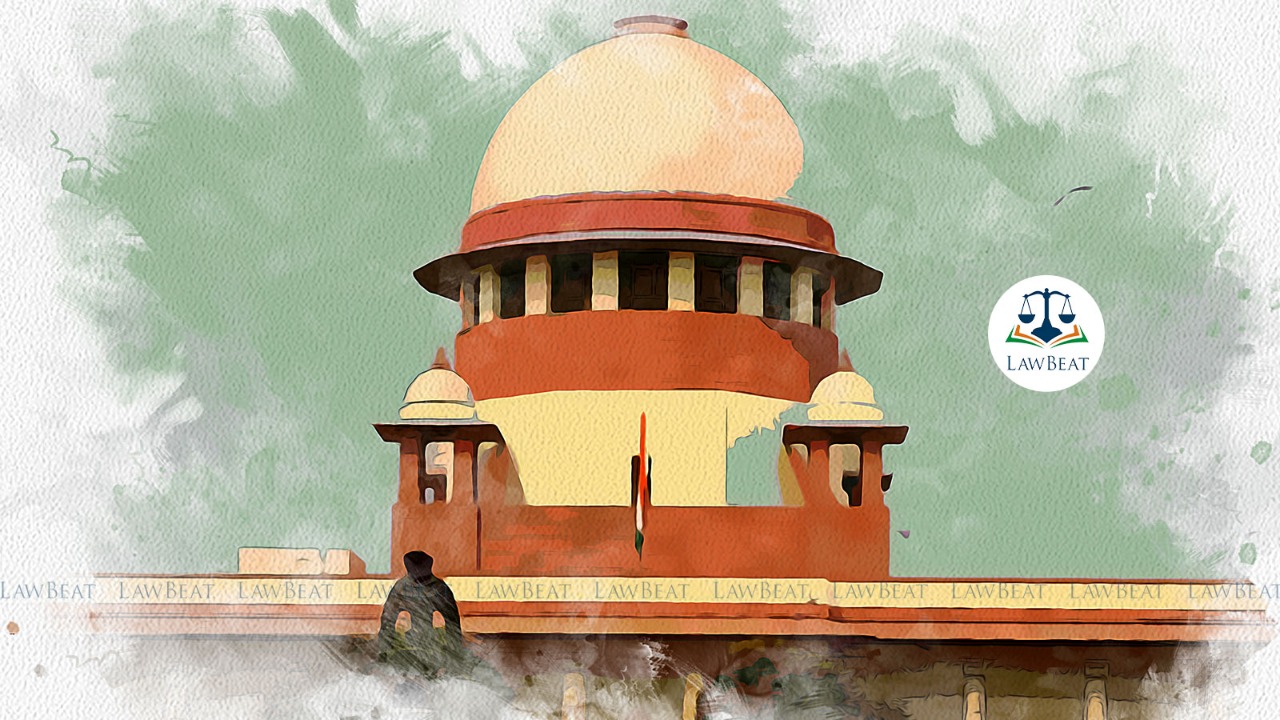Another PIL in Supreme Court challenges Minorities Act

Another Public Interest Litigation in the Supreme Court has challenged the constitutionality of Section 2(c) of the National Commission for Minority Educational Institutions Act 2004, claiming that it is arbitrary, illogical, and in violation of the Articles of the Constitution.
The plea states that the citizen belonging to Judaism, Bahaism, and Hinduism, who are a minority in Laddakh, Mizoram, Lakshadweep, Kashmir, Nagaland, Meghalaya, Arunachal Pradesh, Punjab, Manipur; cannot establish & administer educational institutions due to absence of any legal provision for identification of “minority” at State level in a spirit of TMA Pai ruling.
Regarding this, the plea further states that the majority view in the TMA Pai case highlighted that states can decide a community's minority status, but this does not negate the power of the Central Government under Section 2(c) of the National Commission of Minorities Act.
"Their right under Articles 29 and 30 is being siphoned off illegally to majority population because Central Government has not notified them “minority” under the National Commission of Minorities Act," the plea adds.
It further submits that Muslims are in majority in Lakshadweep (96.58%) & Kashmir (96%) and there is a significant population in Ladakh (44%), Assam (34.20%), Bengal (27.5%), Kerala (26.60%), UP (19.30%), Bihar (18%), but they have been granted “minority” status.
"Muslims and Christians residing in different parts of India choose to stay in India after partition. As a result, when it came time to finalize the Constitution, the framers believed it was vital to soothe their anxieties and apprehensions by establishing special protection for religious, cultural, and educational rights. Such protection was deemed vital at the time. Articles 25-30 were engrafted to guarantee protection to everyone, not to please any, because the framers acknowledged common citizenship regardless of religion, language, culture, or creed," it adds.
The plea raises another issue. It states, "Article 30 of the Constitution of India provides that among other things, minorities have the right to establish and operate educational institutions, whether based on religion or language, but the question is to whom this article applies. There are about 300 religions in the world and about 30 religions in India. Can each of them be considered a religious minority under Articles 29-30? If so, why did the Central Government not declare Baha'i Faith and Jewish followers a minority?"
Also to be noted that there are several other petitions filed in the Supreme Court challenging the National Commission for Minorities Act. Another PIL filed by Devkinandan Thakur alleges that when the Act came into force the Central Government arbitrarily notified Muslims, Christians, Sikhs, Buddhists, and Parsee as minorities.
Another plea filed by Advocate Ashwini Kumar Upadhyay is pending before the Apex Court seeking minority status for Hindus in states where their numbers have gone below other communities. Wherein, the Ministry of Minority Affairs had informed the Supreme Court that the questions involved in the plea will have far-reaching ramifications throughout the country.
The government had said that any stand taken without detailed deliberations with the stakeholders may result in an unintended complication for the country. Its affidavit stated,
"The stand to be formulated by the Central Government with regard to issues raised in this group of petitions will be finalized after having a wide consultation with the State Governments and other stakeholders."
Case Title: Chandra Shekhar Vs. Union of India & Ors.
